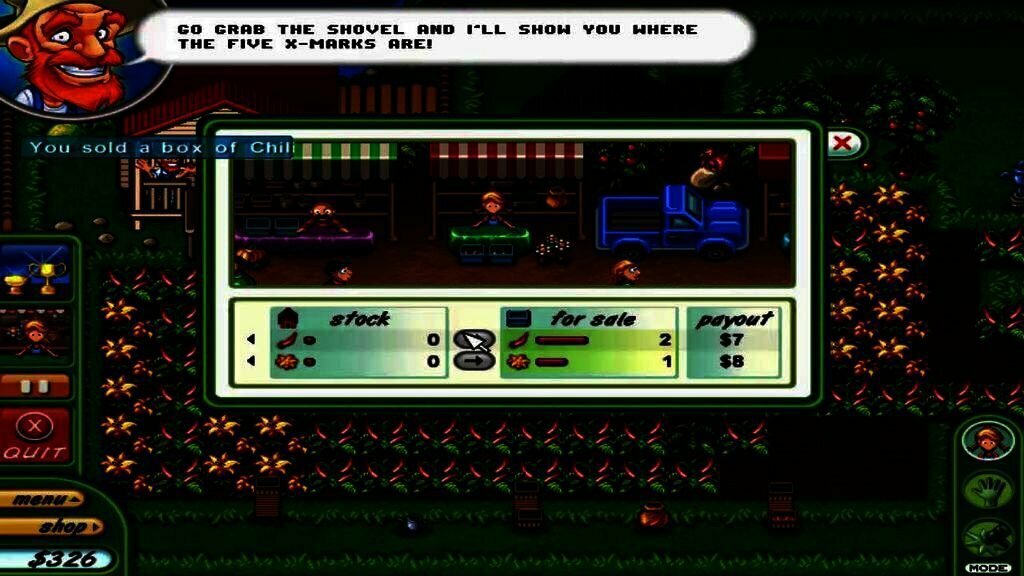

In these new accounts, fluid gender identities and queer sexuality are revealed to have been no barrier to courageous acts. Both books question the ideal of the straight, cisgender serviceman, who in films and fiction is too often portrayed as the only true hero of the conflicts. Luke Turner’s Men at War, released next month, is part-history, part-memoir, and explores the complex but underdiscussed spectrum of masculinity that defined the Second World War.

Winn’s novel, which imagines these acts in an explicitly erotic way, is one of two new books that set out to challenge the stereotype of British masculinity in the 20th century’s two world wars.

So yes, of course there was gay sex at the front. In more concrete terms, 270 British soldiers were court-martialled during the conflict for “gross indecency”, as illegal homosexual activities were known. The homosexual feelings, if not the actual encounters, of officers such as Siegfried Sassoon and Wilfred Owen are clearly recorded in their poems and letters. Alice Winn is talking to me about her debut novel, In Memoriam, a love story between two young officers set in the trenches of the First World War. “It’s not as if I could find primary sources for what gay sex was like at the front,” she says, “but it seems unlikely that it never happened.”


 0 kommentar(er)
0 kommentar(er)
